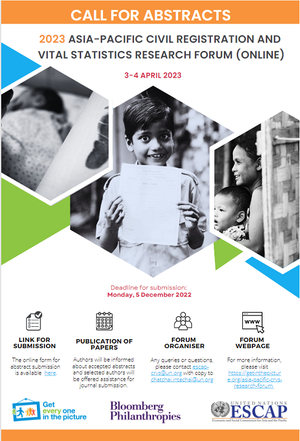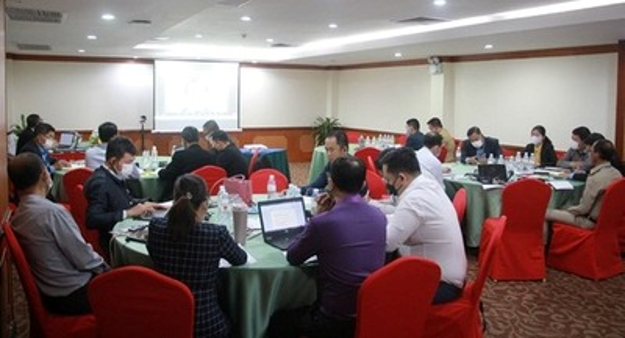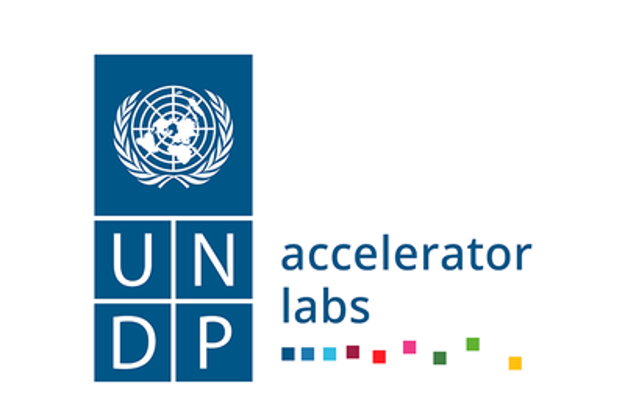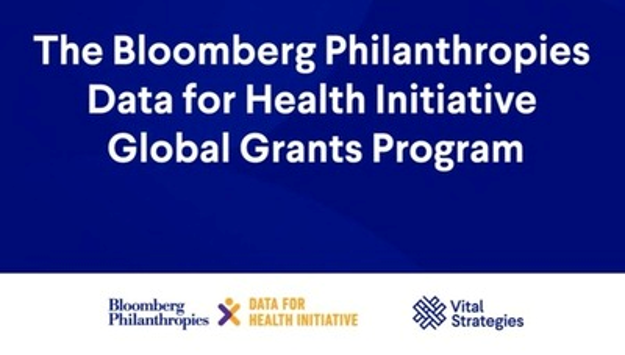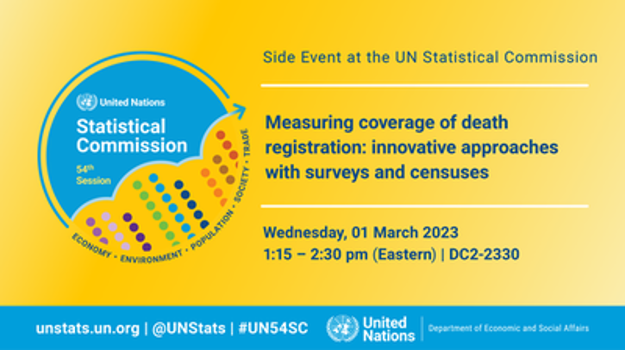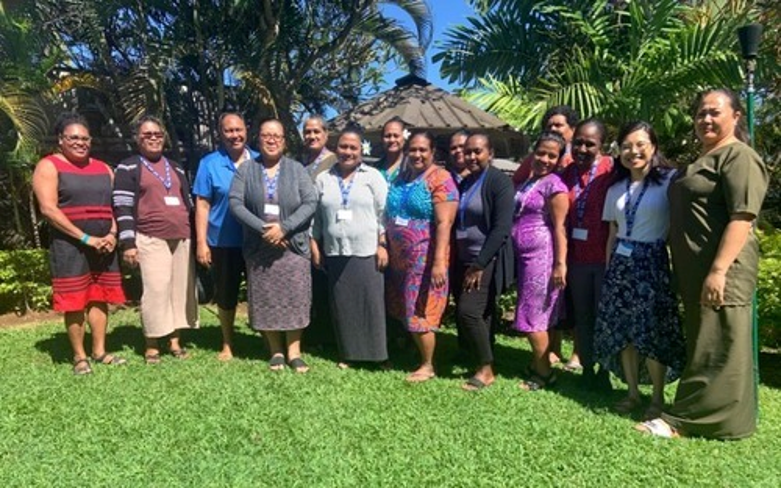The Cook Islands hosted the Pacific Ministers of Health Meeting 28-30 August 2017. Ministers again emphasized the importance of civil registration and vital statistics to the health sector, including the monitoring of key regional priorities such as the impact of non-communicable disease, and reporting on the Pacific “Healthy Islands” Framework and the Sustainable Development Goals. The meeting noted the importance of continuing improvement of data on births, deaths and causes of death through health information systems and a multi-sectoral approach to CRVS. The meeting also made note of the importance of regional cooperation and working with regional partnerships such as the Brisbane Accord Group (BAG) and the Pacific Health Information Network (PHIN). Meeting documents and further information are available at http://www.wpro.who.int/southpacific/pic_meeting/2017/en/
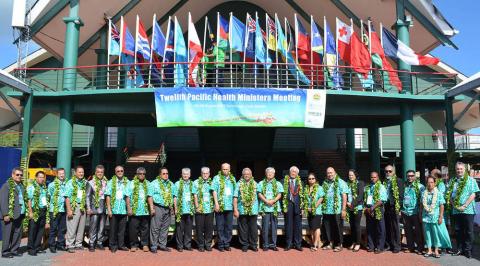
More News
The United Nations Economic and Social Commission for Asia and the Pacific (ESCAP) welcomes the…
The first Asia-Pacific Civil Registration and Vital Statistics Research Forum will be held next…
(Newsletter April 2023) The Global Health Advocacy Incubator (GHAI) is undertaking legal reviews…
(Newsletter March 2023) The Accelerator Lab and the core team of the Birth, Death…
The United Nations Economic and Social Commission for Asia and the Pacific (ESCAP) will organize…
The Bloomberg Philanthropies Data for Health Initiative’s Global Grants Program (GGP) is launching…
(Newsletter March 2023) A new Community of Practice on measuring adult mortality…
(Newsletter March 2023) A regional training workshop on ICD mortality coding for Pacific Island…
(Newsletter March 2023) The Data for Health (D4H) Initiative’s Gender Equity Unit aims to increase…
(Newsletter March 2023) CRVS Champion: Treta Sharma Each month, our…



